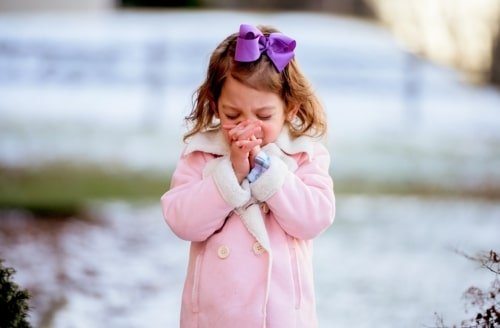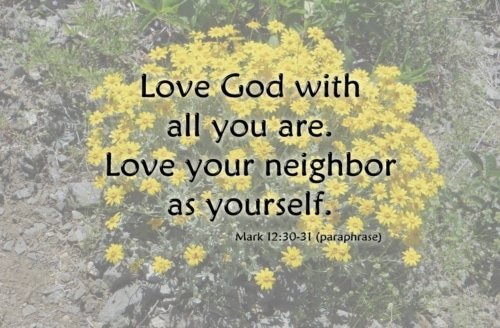

Is it a small thing that you have brought us up out of a land flowing with milk and honey, to kill us in the wilderness, that you must also make yourself a prince over us? Moreover, you have not brought us into a land flowing with milk and honey, nor given us inheritance of fields and vineyards. Will you put out the eyes of these men? We will not come up.”
One of the recurring stories in Israel’s journey from Egypt to Canaan was their constant complaining. And this passage comes from one of those occurrences. A group of men were dissatisfied with Moses’s leadership and were staging a rebellion. Some of them aspired to the priesthood, while others were dissatisfied with their current situation.
Dathan and Abiram were leaders of the latter faction. And they had two major complaints. They looked back on their life in Egypt with fondness. They remembered it as a land flowing with milk and honey. And they seemed to have forgotten their affliction and oppression in the land of Egypt (Ex. 3:7-9).
They accused Moses of not bringing them into a land flowing with milk and honey, like he had promised them. They had conveniently forgotten that Moses had led them to that land, but they had refused to go in. And that their current wandering through the wilderness was due to their rebellion, not failed leadership on Moses’ part.
Looking for a Scapegoat
Sometimes, others are to blame for the problems we face. But not always. How often are those troubles because of our own actions? And how often, when they are, do we look for a scapegoat to blame rather than accept responsibility (Gen. 3:1-13)?
This is also true in our spiritual lives. How often do we find ourselves wandering in the wilderness? Things are not where we want them to be. And we blame our circumstances, our pastoral leadership, or other people when the problem is our own disobedience. If we were to simply obey God, he would bring us into a land flowing with milk and honey. But we choose our own way instead and find ourselves wandering in the wilderness.
The end of the story for Dathan and Abiram was not a happy one. The ground swallowed them up (Num 16:25-34). But it does not have to be that way for us. There may well be consequences for our rebellion. But if we repent and obey God, rather than blaming others for our problems, he is merciful and gracious and will renew us.
Related Posts
The post Blaming Others for My Problems – Numbers 16:13-14 appeared first on A Clay Jar.


